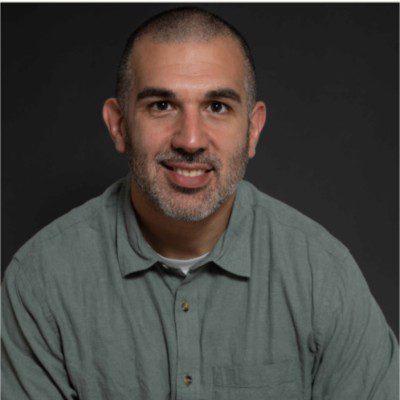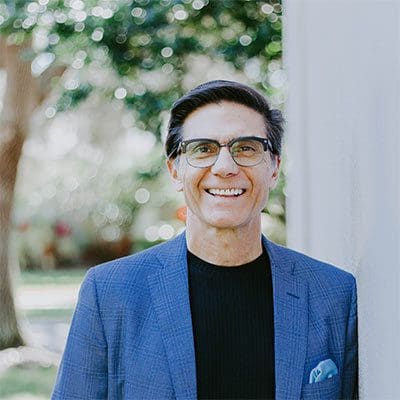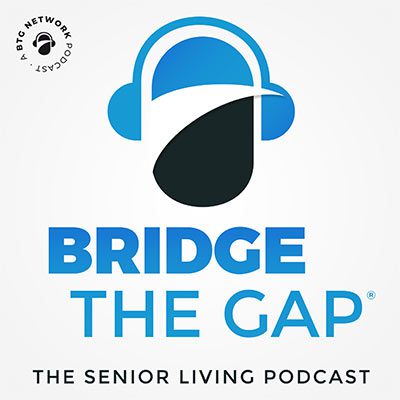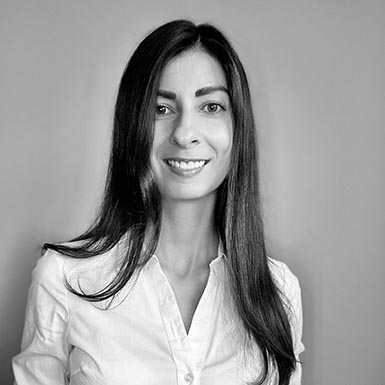- "Agathos" - Josh Bachynski Terry McMullen 1:07:23
Josh (author, PhD, SEO/AI expert– http://youtube.com/jbachyns) started the show by talking about the concept of agathos and how he is a radical optimist. Agathos is a greek word, with a lot of meanings, but Plato most famously used it to mean “the good.” By “the good” he meant the ideal or most optimal good that exists. So when Josh says he values agathos or that he is radical optimist, he means there is nothing more important, nothing more logical, and nothing more obvious than focusing on the ideal good.
It is interesting because typically I think people process that one of two ways. The first is to generally agree with it and to view it as obvious. Of course we all want “the best possible good”, what else would we want? The other way is to be cynical and to focus on the fact that it sounds nice, but we have no idea what “the best possible good” actually means, therefore it isn’t actually practically useful. I tend to take the second approach in all things, so we spent a good bit of the show trying to understand, question, and test what Josh actually meant.
Much of the discussion centered around the inherent subjectivity of the concept. Who decides what is the ideal good, what time horizon are we using to evaluate if something is good, what if something is good for one person but bad for another? I won’t do Josh justice in explaining his responses to these questions here, so I will let you listen and decide what you think.
To give you a flavor though, maybe the most intriguing insight was when Josh responded to the subjective vs. objective point. He views a blending of these two concepts, where the way we identify the “objective” good (or ideal good) is based on looking subjectively at all the information, data, trends, human experiences, etc. as exhaustively as we can, and then making the best decision we can in that moment. Kind of a subjective objectivity.
The other thing that stood out in this episode, was how confident (dare I even say certain) Josh was in his perspective. I asked him about that too, if it worried him at all how confident he was, about how sure he was he had an unique ability to see the world more accurately than so many other people? Certainty is always something that concerns me, but maybe it takes people like Josh to push us to reach outcomes that wouldn’t have otherwise been possible. Or maybe we are all just a bunch of apes trying to make sense of the unexplainable.





























Already a Member? Login Here.
Not Yet a Member? Join the Conversation Today!